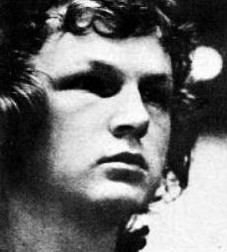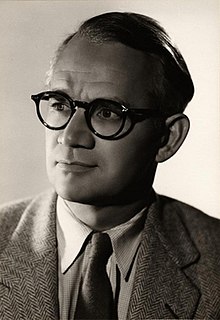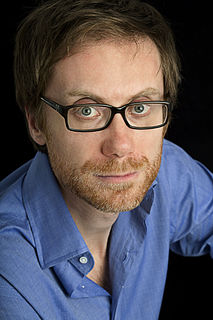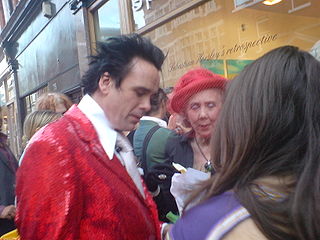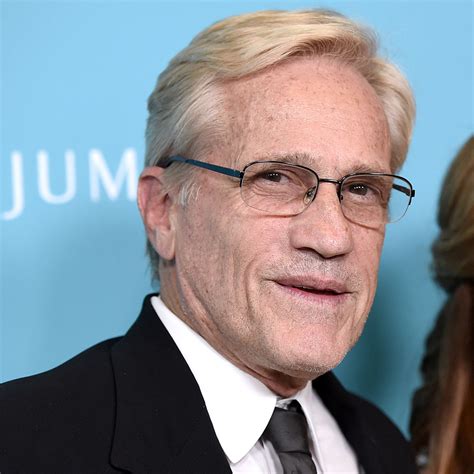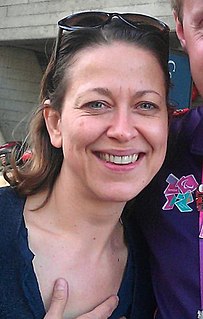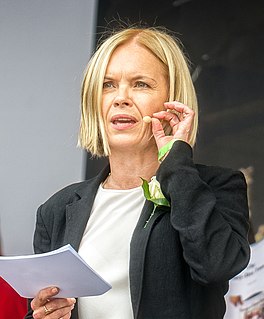A Quote by Mike Batt
I think there's an audience for The Wombles at almost all levels. We thought it was going to be confined to people in their late twenties, early thirties, who remembered it from before - they were maybe 10 or 12 in the Seventies when it was happening.
Related Quotes
There ought to be more grants that go to people in their late twenties and early thirties. That's a crucial age, although it's very hard to judge who is worth supporting and who is not. Looking back on my own life, I see that was the period when I was closest to giving up as a novelist and when I most needed some encouragement.
If you're going to do a memoir, then it's sort of at this age - in your late sixties or seventies - that you do it. I don't understand people who do memoirs when they're 20. I think most people need a little more time than 20 years to become the person they are. In fact, that process of becoming who you are is still ongoing when you get older, where you go, "Let's see where my next 10 years is going to take me." S
